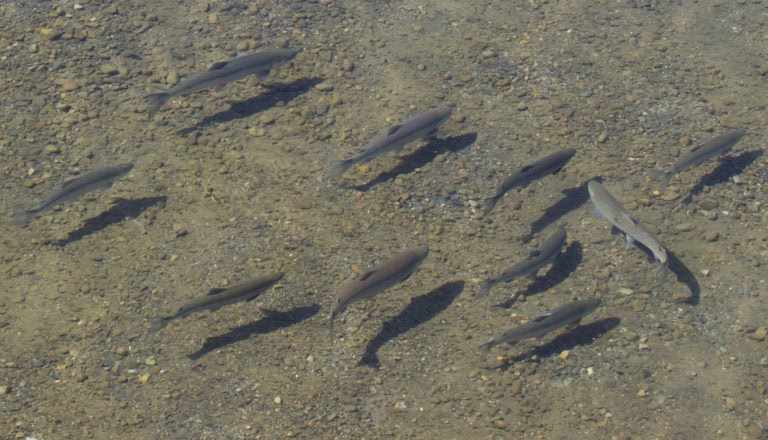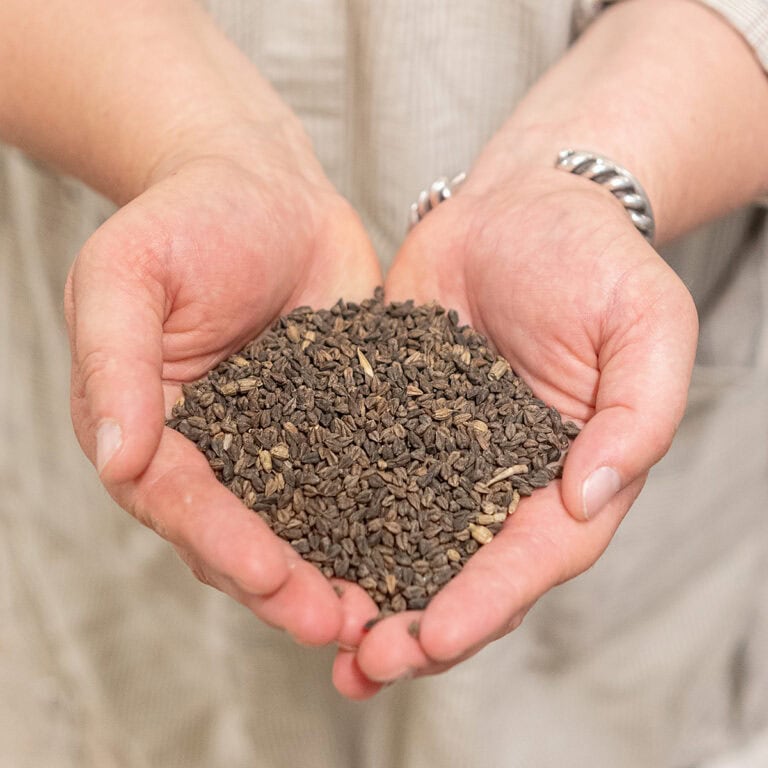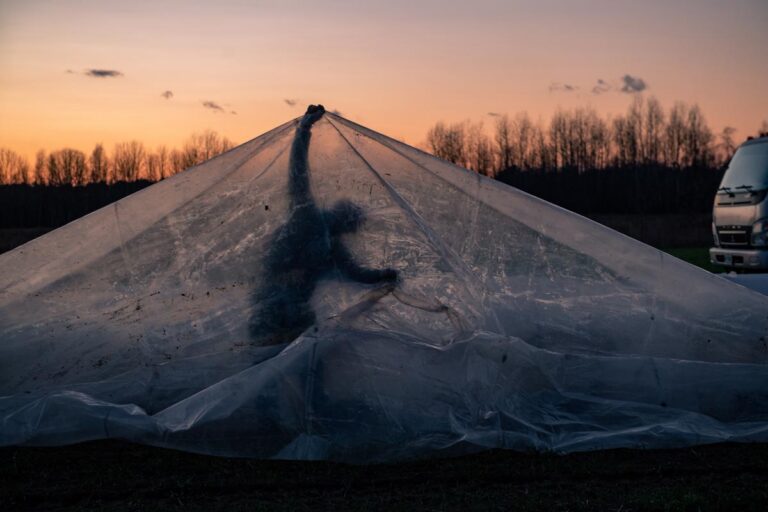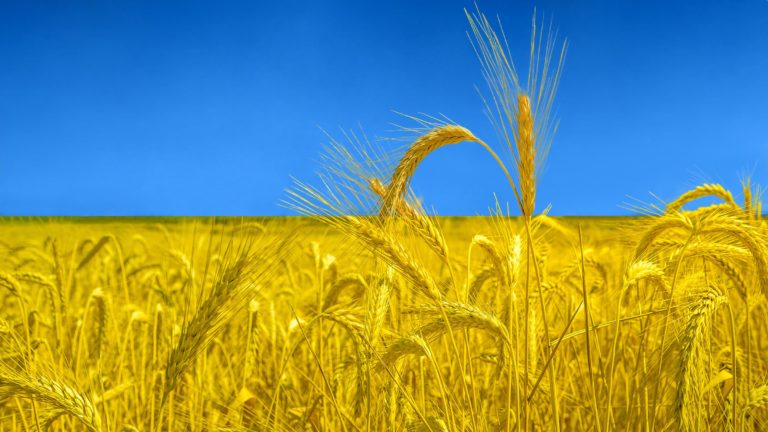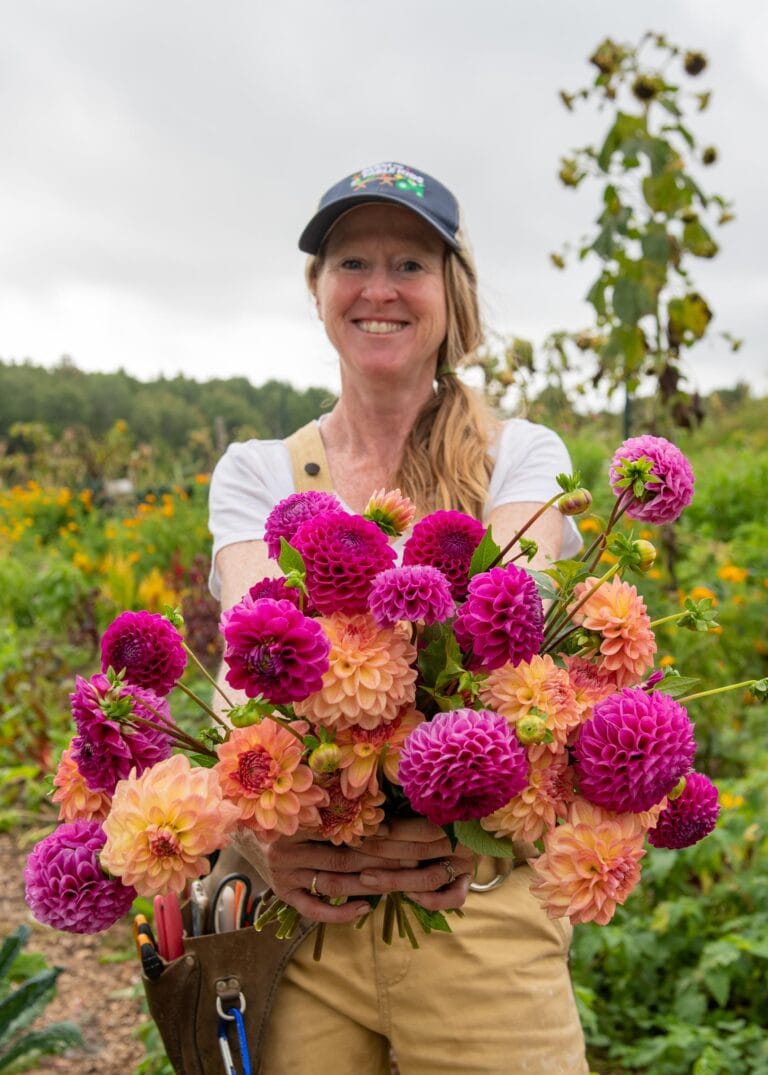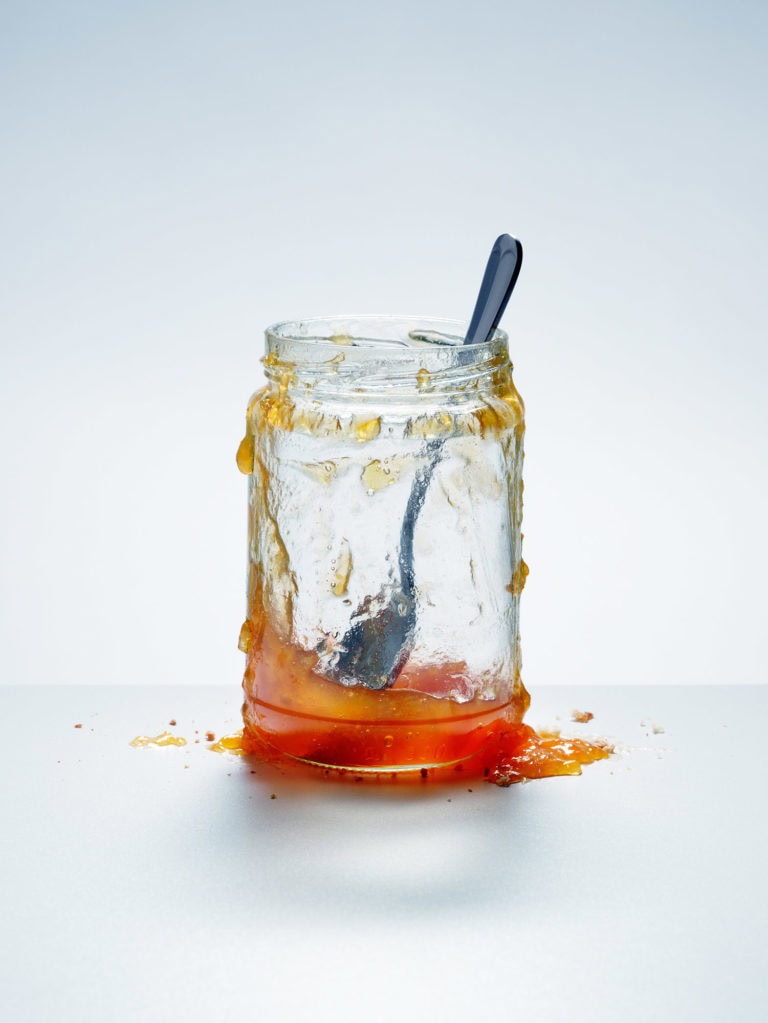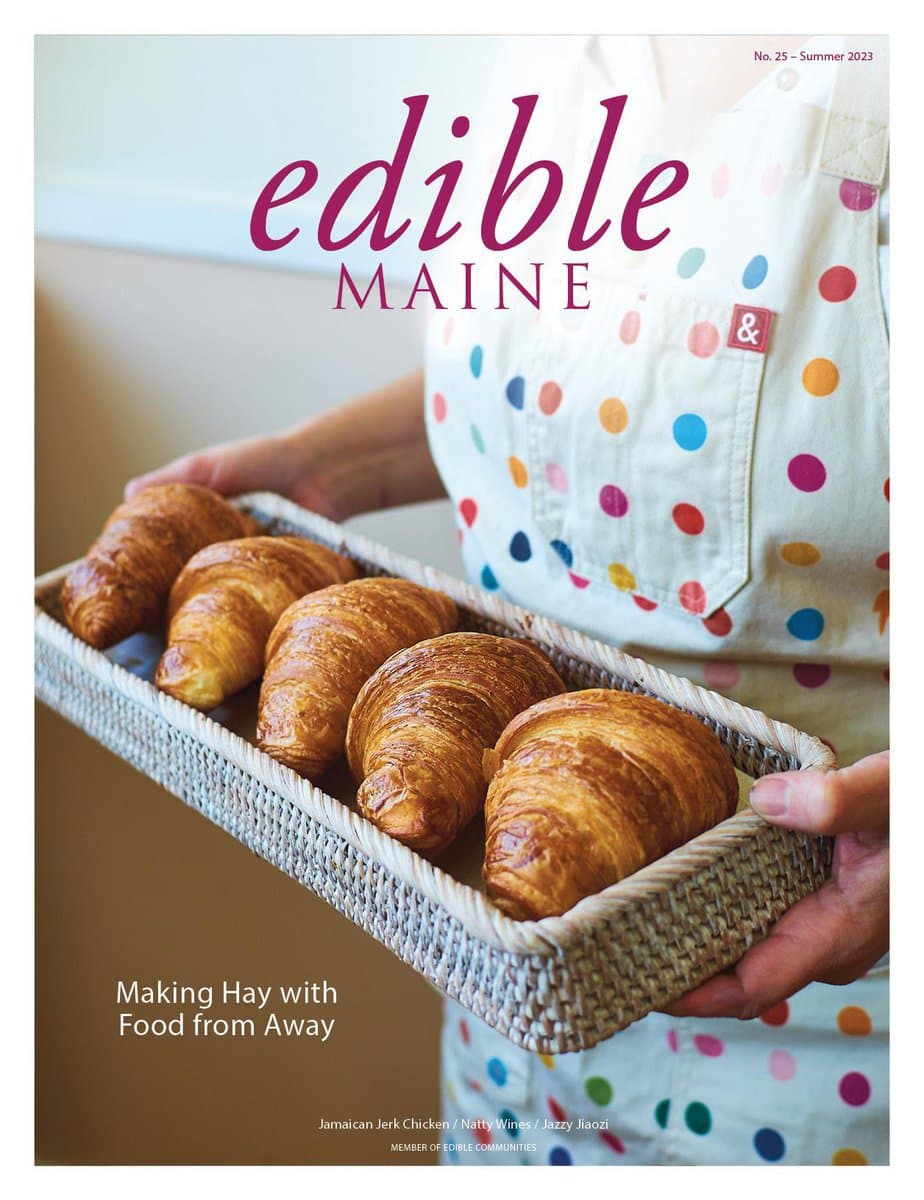Spring in Maine has always been about the art of reinvention. As our snow begins to melt, feeding a seemingly never-ending supply of mud, we are invited to remember things of old, dust them off, and try to imagine them in a new light. Let’s aim to celebrate not only the return of warmth, but also the ingenuity of transformation—how a shift in perspective can spark fresh possibilities, and how what we once overlooked might become our greatest resource.
That theme threads its way through every page of this issue. In our feature on garum, we see how the Romans’ ancient fermented fish sauce—once a culinary staple thought lost to time—is making a bold resurgence in Maine’s kitchens, thanks to the brilliant minds turning invasive green crabs and overlooked eel trimmings into something extraordinary. In a similar spirit, our deep dive into Moxie reveals how Maine’s most polarizing soda, steeped in nostalgia, is finding unexpected new life as a cooking ingredient. And for those who think libraries are just for books, we invite you to explore how Maine is embracing the concept of the Library of Things: redefining what it means to borrow by lending out everything from kitchen tools to musical instruments, all in the name of sustainability and community.
I’ll be the first to admit that I don’t always live by the ethos of repurposing and reinvention. Sometimes, amid a busy life—work, kids, the endless to-do lists—it’s just easier to replace something rather than find a new way to use it. And that’s okay. We do the best we can, when we can. But I think what this issue reminds me, and hopefully all of us, is that small, intentional choices add up. It’s not about perfection; it’s about effort.
Spring, for me, is a season of cleaning and organizing—of making room for the new, both physically and mentally. Maybe that’s why I find myself craving lighter foods this time of year. After a long winter filled with roasts and starch-heavy dishes, I turn to fresh vegetables, crisp salads, and vibrant seafood. And, of course, fiddleheads—because like most Mainers, I believe there’s nothing quite like their fleeting, earthy taste to announce the arrival of spring. Maple syrup, too, is a constant in my home, not just in March but year-round. My twin 5-year-old boys love waffles with peanut butter and maple syrup, a breakfast staple regardless of season.
One of my favorite parts of putting this issue together was learning more about the history of Moxie. I’ve never been one to love or hate it—I find myself somewhere in the middle—but I realized how much I appreciate its deep roots in Maine culture. Similarly, I was excited to try Barton Seaver’s recipe for turnips with sugar snap peas and mandarin segments. When I made it for my family, I was surprised and thrilled that my boys devoured it.
If I encourage readers to take one action from this issue, it would be the same challenge I give to myself: to upcycle and reuse whenever possible. Not to be perfect, but to be mindful—to ask, before discarding, whether something might have another life in a new form.
Reinvention isn’t just happening in our kitchens and homes—it’s also shaping Maine’s food scene. I recently had a conversation about how COVID reshaped the restaurant industry. It’s easy to see the closures of legacy restaurants as a loss, but someone compared it to a forest fire. When the old trees fall, sunlight reaches the ground, allowing new growth to flourish. It’s a powerful way to think about change—not just as an ending, but as an opening for something new and unexpected.
More than anything, I hope this issue inspires you. That’s always my biggest wish—that readers walk away from edible MAINE feeling motivated, intrigued, and perhaps a little more connected to the people and stories that make this state so special. I recently heard from readers who told me they love sitting down at the end of the day with a glass of wine and reading the issue from cover to cover, like it’s a novel. That moved me deeply. Knowing that edible MAINE is experienced as a cohesive journey in a world of fragmented content means everything. Because, ultimately, these aren’t just individual stories—they are part of one larger, ongoing narrative about food, community, and drawing from the past as we move into the future.
Here’s to spring, to reinvention, and to the endless ways we can make the old feel new again,

Christopher Ellis-Jacobs, Editor-in-Chief








